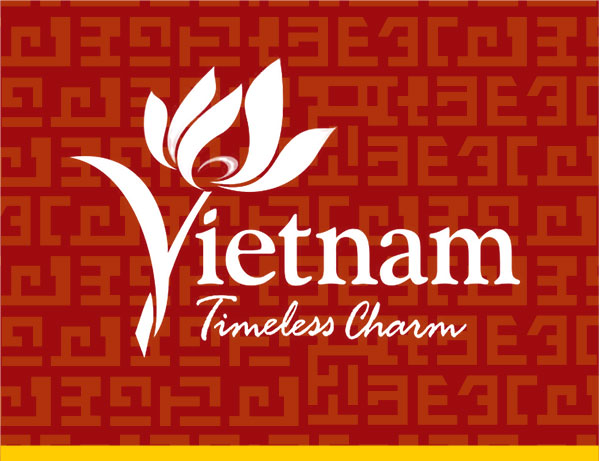The Mekong River, the ‘Mother of Waters’ is the center and soul of mainland South-East Asia. Hundreds of thousands of people rely on its waters. It’s a way of life, a home for the spirits, the defining component within the eternal battle for survival, and the muse and bounds of cultures and kingdoms across eons. The river speaks of the previous and the future, of the eternally recurring cycles of nature, of the folks residing upstream and downstream, of survival, magnificence and danger.
It’s nearly inconceivable for foreigners to understand the position of the river in the lives of those that reside within the Mekong basin. It influences every facet of their day by day existence, shaping not solely the land, but also the individuals themselves.
The Mekong Basin extends over 795,000km2. Greater than 70 million individuals, fifty five million of which inhabit the watershed space lying inside Laos, Thailand, Cambodia and Viet Nam, depend upon the river and its tributaries for meals, water and transport. At four, 350km, the Mekong is the longest river in Southeast Asia and the 12th longest in the world.
The river runs from its supply deep in China’s Tsinghai Province by means of the Jap a part of Tibet. From Yunnan province, it turns into the border between Myanmar and Laos, and between Laos and Thailand. From there it surges across Cambodia to Phnom Penh, where the Bassac River branches off. The two rivers continue to divide into 9 outlets, the Cuu Lengthy (9 Dragons) of Vietnam’s Mekong Delta, and eventually discharge into the East Sea. The river is navigable from the delta to Southern Laos, where huge waterfalls near the Cambodian border forestall boats from traveling further.
About nine-tenths of the folks in the Decrease Mekong Basin are engaged in agriculture, principally rice manufacturing on a large scale, for which irrigation from the Mekong River is essential. A considerable proportion is exported, thus providing the staple weight-reduction plan of a far better number than simply these dwelling in the area.
The Mekong River can also be very rich in fish, the only most vital supply of animal protein in the food regimen of people residing within the Decrease Mekong Basin.
The Looming Hazard
The Mekong Basin is an intricate ecosystem. Its enormous measurement has made it resilient to human manipulation as much as the present, but the threat of a system breakdown is looming.
Since the Nineteen Fifties, nearly six thousand dams, reservoirs and irrigation schemes have been constructed in the Mekong system. To this point, just one dam spans the Mekong mainstream, but another is below construction: each are in Yunnan Province in China.
The cumulative impression of upstream actions is having a profound impact upon the Lower Mekong Basin. The dams have diminished peak floods during filling Stage, fragmented aquatic habitats and blocked fish spawning and nursery areas to migratory species.
For example, Vietnam is concerned in regards to the danger of elevated seawater within the fertile Mekong Delta if the dry season water stage drops. River transport, very important for Cambodia but in addition vital for the other riparian international locations, is badly affected by falling water levels.
The supply of fish is delicate to both downstream and upstream water circulation and water high quality situations, as many Mekong fish species migrate for great distances for spawning and feeding. An adjustment in Mekong River water ranges ensuing from upstream water use is already having a major impression on downstream agriculture. Upstream pollution flows with the river, respecting no borders.
A regional consensus is badly needed.
The Mekong Basin is entering uncharted territory, a phase of rapid improvement that may alter completely the bodily panorama, the integrity of its ecosystems and the quality of life of its people.
While the Mekong River and its related ecosystems are still largely wholesome, the overall system is affected by alarming pressure. If the current fee of deterioration of forest cowl, bio-diversity, fish stocks and soil quality, all key indicators of ecological well being, continues, it’s probably that the effectiveness of the Mekong Basin system may decline to levels where recovery turns into impossible.
